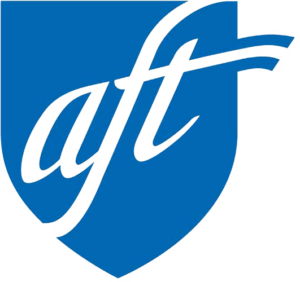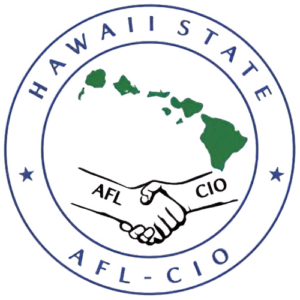SESNITA MOEPONO’S SPEECH 8/18/11 BEFORE THE HLRB:
I have been concerned with the accusations, innuendos and scurrilous remarks made about my integrity and inability to be impartial because I was appointed by the Governor and confirmed by the Senate. I have asked myself what difference should it make when HRS Section 26-34 mandates that all members of a Board and Commission be nominated and appointed by the Governor and confirmed by the Senate. Are all members of any state board and commission and judges impartial because of the very nature of the appointment process?
During my confirmation process and since then, at the beginning of every case involving HSTA, I have disclosed the fact that my husband is a member of HSTA and a Student Services Coordinator and my sister is also a retiree member of HSTA.
I have consistently stated that I can be impartial in any case involving HSTA. All employer legal representatives have stated they have no problems with my disclosure and HSTA has consistently stated they reserve the right to object at a later date. In fact, I am so relieved that HSTA has treated me no differently than the other members of this Board in their attacks on our integrity and impartiality.
I have always strived to be independent so much so that I intentionally kept my maiden name when I married. My husband and I have supported each other through our careers where we could as he is doing today. My husband up to now has been just a name. Let’s put a face to this name, at this time I would like to introduce my husband, Charles A Fern, a member of HSTA and a Student Services Coordinator with Hickam Elementary School who took half a day leave to be here today and our lovely daughter, Alise Fern.
However, our careers have strictly been our own achievements and separate from our marriage. So much so, that I have not even discussed with him the attacks that have been hurled against me by his own union, his colleagues up to now. But I am certain he would be somewhat disappointed and perhaps furious.
I and my fellow board members have been the subject of attacks by innuendos, false statements, hearsay, and scurrilous remarks contained in legal documents regarding our inability to remain impartial to decide this case. More recently a complaint was filed with our State Ethics Commission on Monday of this week by HSTA, although I have not read the complaint, I was told by our State Ethics Commission the complaint included a transcript in which I disclosed my husband’s membership in HSTA.
This disclosure prompted an inquiry by the Ethics Commission on whether my husband’s membership with HSTA was covered under HRS § 84-14(a)(1) in this case. Yesterday, the Ethics Commission concluded and ruled that under HRS § 84-14(a)(1) my husband’s membership with HSTA and his position as a Student Services Coordinator is an undertaking in which he has a SUBSTANTIAL FINANCIAL INTEREST, and the outcome of this case may affect his SUBSTANTIAL FINANCIAL INTEREST AND THEREFORE I must disqualify myself in this case.
Therefore, I am recusing myself from this case based on the Ethics Commission oral ruling limited to this case only.
Before, I leave this case today, I would like to impart the following.
Sometimes we need to be reminded by those in our past who fought and sacrificed to make Hawaii a great place to live. I accepted this appointment because I believe that I can contribute to making the collective bargaining process an even better process, that my late parents fought hard to create and preserve as public employees. A process that enabled my mother to be the first secretary of HGEA at a time where woman’s rights didn’t exist and public collective bargaining was a new frontier. I am sure that my parents would be proud of me and my appointment to this Board and perhaps view it as a reward to their efforts as union members and public employees.
And although I was raised by parents who were staunch union members and supporters, I have never thought of myself as a union person because I have never been a union member. However, my past is part of who I am and I am reminded every day of the concepts and knowledge that I inherited from parents. Above all, they taught me to do things with the utmost integrity because it defines who I am. They taught me that to earn respect you have to give respect. If they were alive today, they would remind me that this case isn’t about any one individual, this case is about all of us and how we as members of this society are obligated to uphold the public policy as dictated in Chapter 89. Intervenor-UHPA was correct in re-stating the intent of Chapter 89 where “The Legislature declares that it is the public policy of the State to promote HARMONIOUS AND COOPERATIVE RELATIONS between government and its employees and to protect the public by assuring effective and orderly operations of government.” The key words are “PROTECT THE PUBLIC.”
I am reminded every day by the words of a close friend, Pono Shim and his father a famous labor attorney the late Alvin Shim, who drafted a Statute called “Aloha Spirit”, HRS Section 5-7.5 in which Uncle Alvin left his legacy to remind us what “Aloha” means when at times it seems we may have forgotten.
[§5-7.5] “Aloha Spirit”. (a) “Aloha Spirit” is the coordination of mind and heart within each person. It brings each person to the self. Each person must think and emote good feelings to others. In the contemplation and presence of the life force, “Aloha”, the following unuhi laula loa may be used:
“Akahai”, meaning kindness to be expressed with tenderness; “Lokahi”, meaning unity, to be expressed with harmony;
“Oluolu”, meaning agreeable, to be expressed with pleasantness;
“Haahaa”, meaning humility, to be expressed with modesty;
“Ahonui”, meaning patience, to be expressed with perseverance.
These are traits of character that express the charm, warmth and sincerity of Hawaii’s people. It was the working philosophy of native Hawaiians and was presented as a gift to the people of Hawaii. “Aloha” is more than a word of greeting or farewell or a salutation. “Aloha” means mutual regard and affection and extends warmth in caring with no obligation in return. “Aloha” is the essence of relationships in which each person is important to every other person for collective existence. “Aloha” means to hear what is not said, to see what cannot be seen and to know the unknowable.
(b) In exercising their power on behalf of the people and in fulfillment of their responsibilities, obligations and service to the people, the legislature, governor, lieutenant governor, executive officers of each department, the chief justice, associate justices, and judges of the appellate, circuit, and district courts may contemplate and reside with the life force and give consideration to the “Aloha Spirit”. [L 1986, c 202, §1]
Mahalo for allowing me to make these statements and ALOHA!



